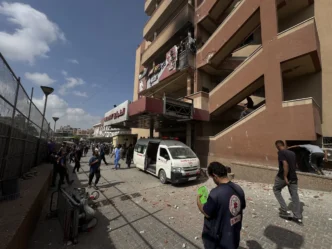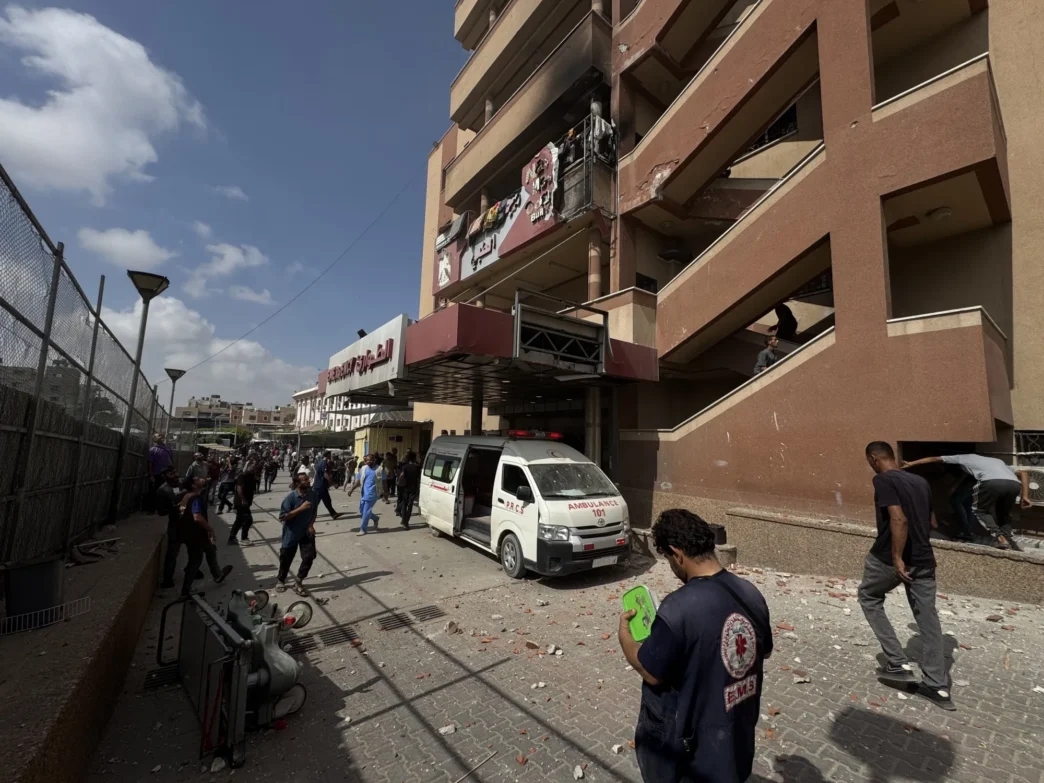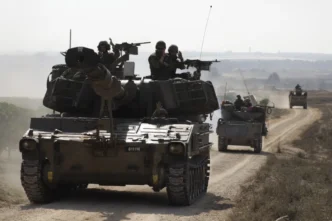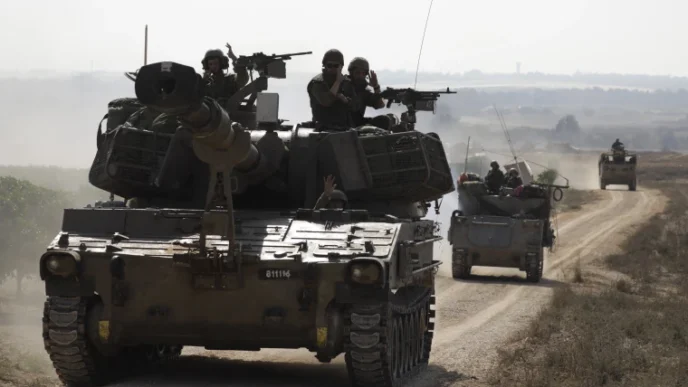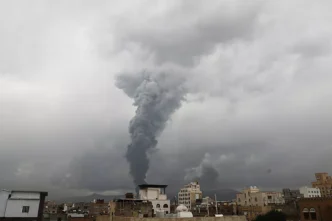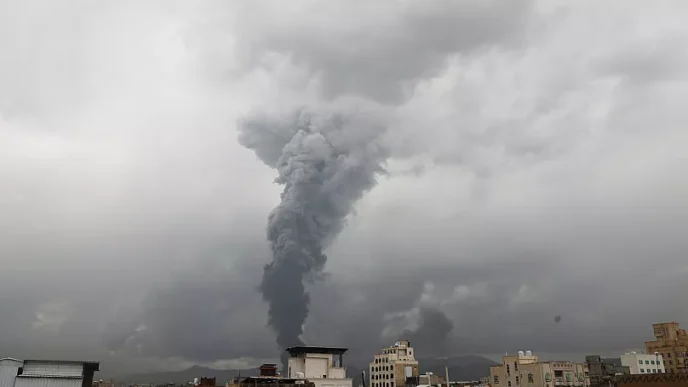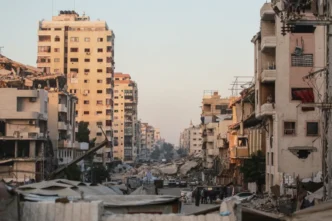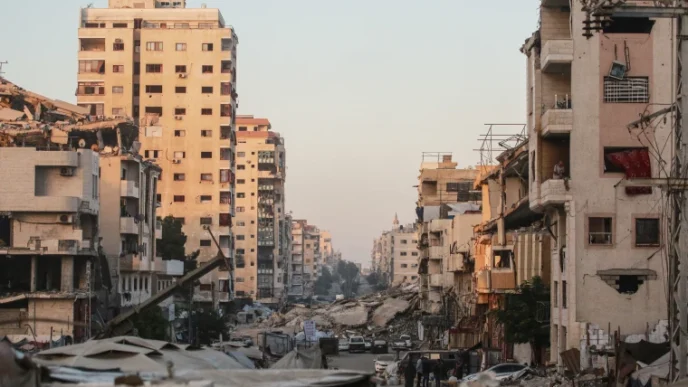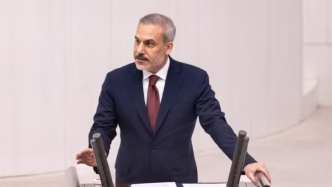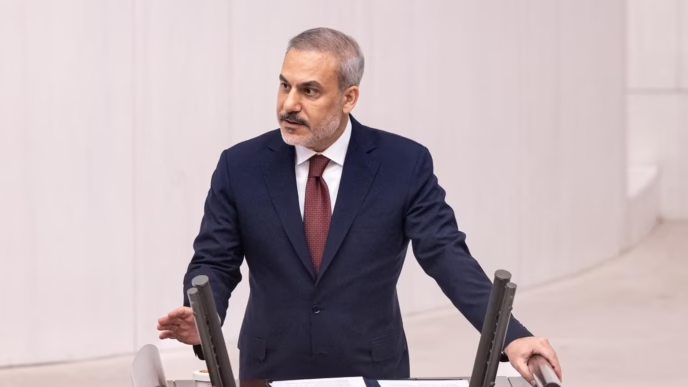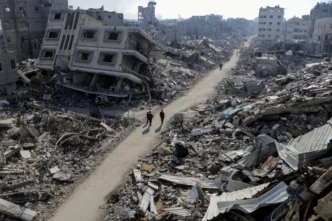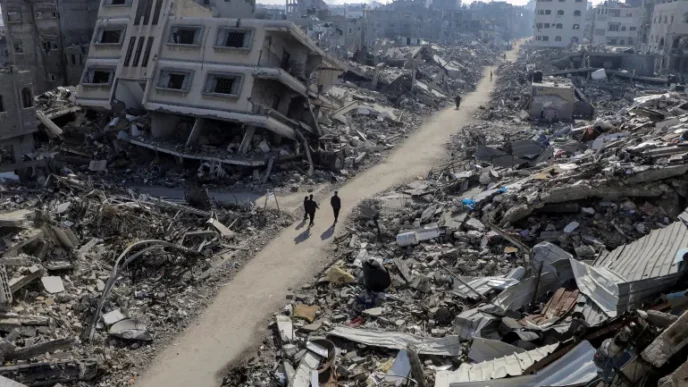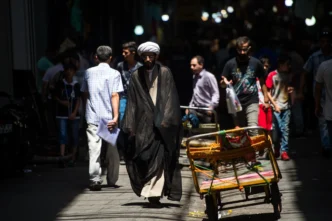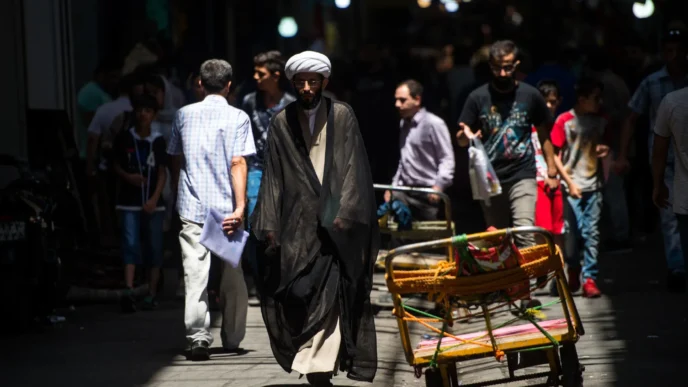An Israeli airstrike on a hospital complex in Gaza has left 19 people dead, including several journalists, according to the Gaza Health Ministry. The strike, which occurred late Sunday, has intensified international concern over civilian safety and the deteriorating humanitarian conditions in the enclave.
Details of the Incident
The Gaza Health Ministry reported that the strike hit a section of a hospital compound where both patients and displaced civilians had gathered. Images from the aftermath showed destroyed medical facilities, overturned beds, and bloodstained hallways.
Among the 19 killed, officials said, were at least three local journalists who had been documenting the ongoing conflict. Dozens of others were injured, including medical personnel and patients, some of whom had been receiving treatment when the blast occurred.
Witnesses described scenes of chaos as survivors scrambled to evacuate the building. “People were screaming and running through the corridors. Patients were lying on the floor, covered in dust and blood,” one hospital staff member told reporters.
Israel’s Response
The Israeli military confirmed that it had carried out an operation near the hospital but denied deliberately targeting civilians. Officials said the strike was aimed at a Hamas command center allegedly operating in the vicinity of the medical facility.
“Unfortunately, Hamas has embedded its military infrastructure within civilian areas, including hospitals,” the Israel Defense Forces (IDF) said in a statement. “The IDF continues to take measures to minimize civilian harm, but Hamas’s use of human shields makes this extremely difficult.”
Israel did not immediately provide evidence of Hamas activity inside the hospital, and its account could not be independently verified.
Reactions From Gaza and Beyond
The Gaza Health Ministry strongly rejected Israel’s explanation, calling the attack a “massacre” and accusing Israel of deliberately targeting civilians. Palestinian officials said the strike highlighted the increasingly dire state of Gaza’s medical infrastructure, already overwhelmed by months of conflict, shortages of supplies, and repeated power cuts.
International organizations swiftly condemned the incident. The Committee to Protect Journalists (CPJ) expressed outrage at the deaths of reporters in the strike, urging all parties to respect press freedom and the safety of media workers. The World Health Organization (WHO) reiterated its warning that hospitals must never be used as battlegrounds, stating: “Healthcare facilities are protected under international law and must not be attacked.”
Several governments in the Middle East, including Jordan and Egypt, denounced the attack, calling for urgent investigations and renewed efforts toward a ceasefire. Western allies of Israel expressed concern but urged caution until more details emerge.
Journalists Under Fire
The deaths of the journalists highlight the increasingly perilous conditions for media workers in Gaza. Dozens of reporters have been killed since the outbreak of the latest conflict, making it one of the deadliest wars for the press in recent history.
International watchdogs have called for independent investigations into attacks on journalists, emphasizing that reporters play a vital role in documenting the conflict and ensuring accountability.
Humanitarian Crisis in Gaza
The airstrike adds to the growing humanitarian toll in Gaza, where thousands of civilians have been killed or displaced in recent months. With many hospitals damaged or destroyed and fuel shortages crippling the remaining facilities, the enclave’s healthcare system is on the verge of collapse.
Aid groups warn that continued strikes on medical infrastructure will leave countless civilians without access to essential care. “When hospitals are hit, it’s not just the immediate casualties—it’s the ripple effect on thousands of patients who lose access to life-saving treatment,” said one humanitarian coordinator working with the UN.
The Bigger Picture
The hospital strike underscores the tragic reality of urban warfare in densely populated Gaza, where distinguishing between military and civilian infrastructure is often impossible. Both Israel and Hamas continue to trade accusations of war crimes, while civilians—patients, doctors, journalists, and families—bear the brunt of the violence.
Calls for a ceasefire have grown louder, but diplomatic efforts remain stalled. As the war grinds on, incidents like Sunday’s strike further deepen mistrust, inflame regional tensions, and draw global attention to the mounting humanitarian catastrophe.


